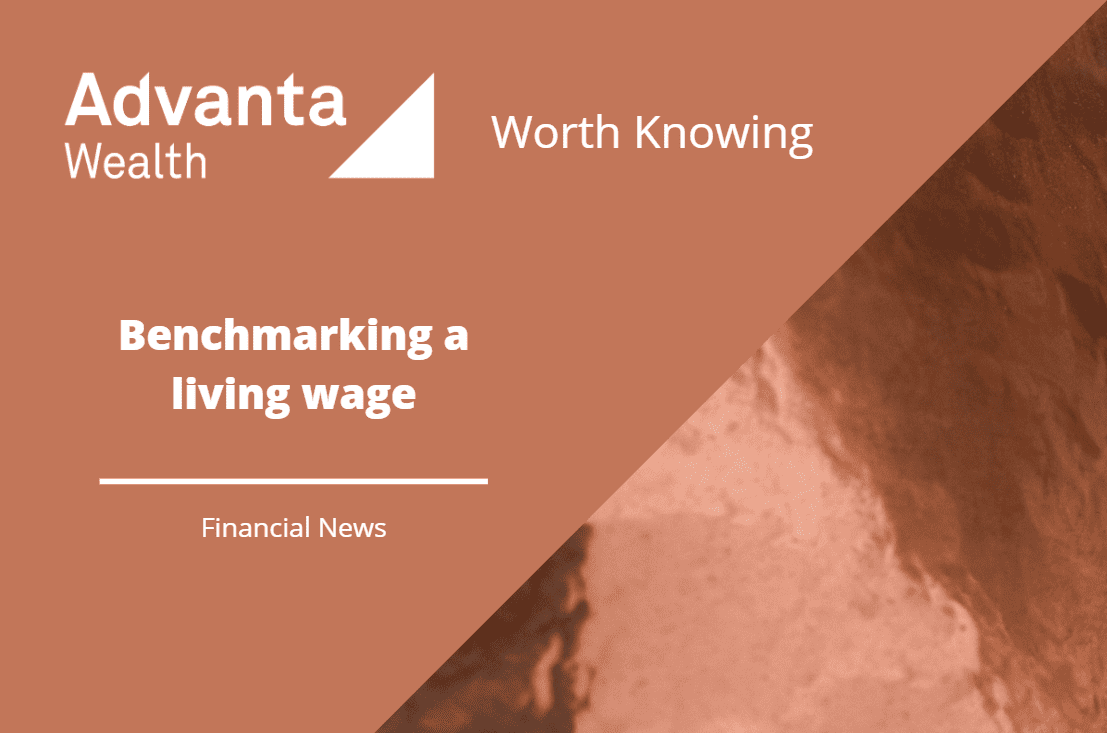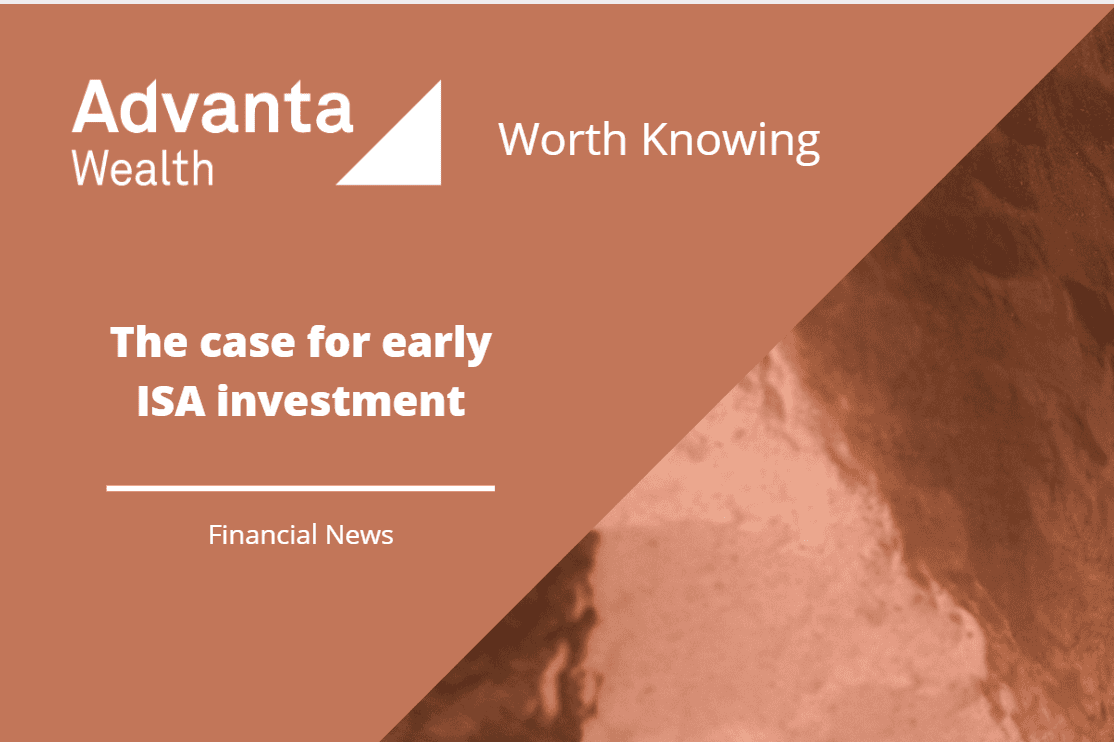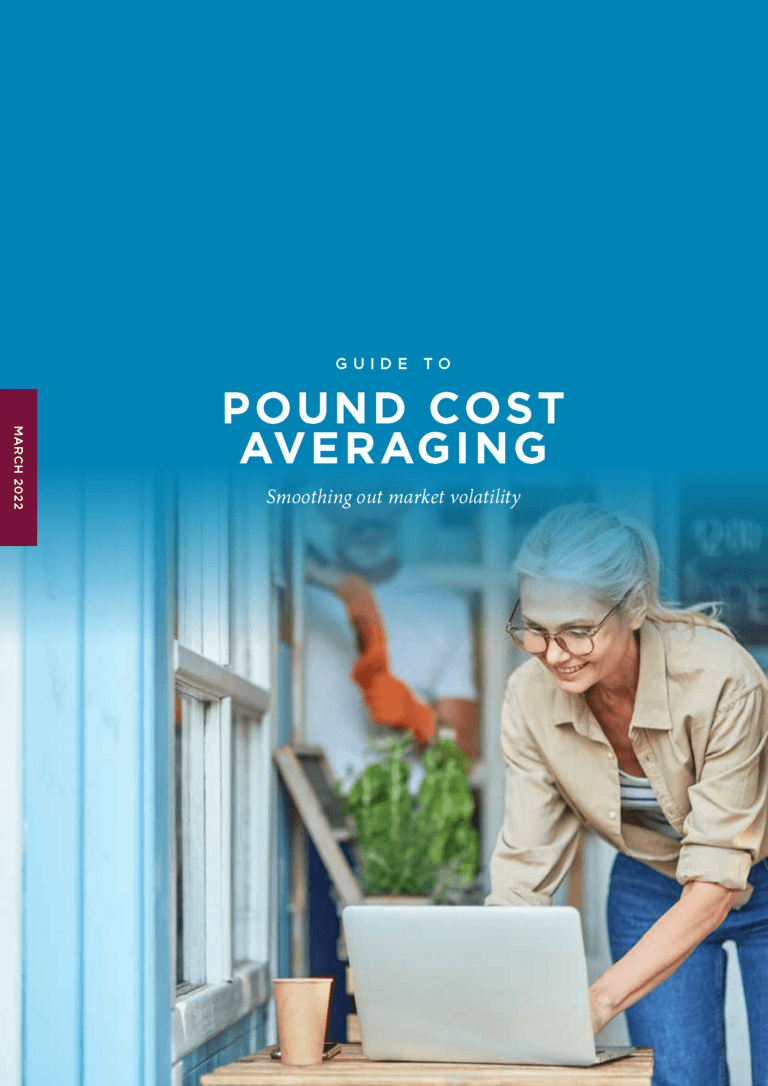What will happen to your pension when you die?
Providing an income or nest egg for your loved ones to enjoy, long after you are gone
The way that you decide to take your pension will affect what you can do with it when you pass away. While it’s not always easy to talk about, the way you eventually pass on your pension has the biggest impact on other people, so it will help talking to your spouse, children – or other people close to you, when you’re deciding how you take your pension savings.
Pension death benefits
The type of benefits that can be paid (lump sum and/or income options) will depend on the scheme rules and the type of arrangement the benefits are being paid from. If you have the option to nominate who you want to benefit, this may have an impact on the type of death benefits that can be paid.
Nominate a beneficiary
You can let your pension provider know who you would want to leave your pension to in the event of your death (the nominee) by completing a nomination or expression of wish form. While this is not binding, it will be taken into account when paying death benefits.
It’s therefore really important to keep this information up to date as your wishes and circumstances change. Contact your provider and ask for a nomination or expression of wish form to nominate who should inherit your pension.
Annuity death benefits
Rather than have your money die with you, you may have selected a guarantee period or a joint life option, or both, when you set up your annuity. This means an ongoing income will be paid to your loved ones for either a set period of time – or for the rest of their lives.
Flexi-access drawdown benefits
If you die before age 75 with your money in flexi-access drawdown your spouse, partner, dependant or nominated beneficiary can stay in the flexi-access drawdown plan and take income tax-free and take the remaining value as a lump sum tax-free. They could also buy an annuity, where income would be paid tax-free.
If you die after age 75 with your money in flexi-access drawdown your beneficiary can stay in the flexi-access drawdown plan and take income subject to tax at their marginal rate. A pension as a lump sum could also be taken which will be subject to income tax at their marginal rate or buy an annuity, where income is subject to tax at their marginal rate.
Serious ill health
If you’re under the age of 75 and become seriously ill (you’re expected to have less than 12 months to live) you may be able to take your whole pension fund as a tax-free lump sum. If you’re over the age of 75 in this circumstance you may take any remaining pension as a cash lump sum which will be added to your income and taxed accordingly.
What happens to your State Pension?
When you die, your husband, wife or registered civil partner may be entitled to receive some of your State Pension entitlements depending on individual circumstances. They need to be over State Pension age to claim extra payments.
What they receive and how they claim will depend on whether they reached State Pension age before or after 6 April 2016. They will not get it if they remarry or form a new registered civil partnership before they reach State Pension age.
If they reached State Pension age on or after 6 April 2016 they’ll receive the ‘new State Pension’ and they may be able to inherit an extra payment on top of their pension.
A PENSION IS A LONG-TERM INVESTMENT NOT NORMALLY ACCESSIBLE UNTIL AGE 55 (57 FROM APRIL 2028). THE VALUE OF YOUR INVESTMENTS (AND ANY INCOME FROM THEM) CAN GO DOWN AS WELL AS UP WHICH WOULD HAVE AN IMPACT ON THE LEVEL OF PENSION BENEFITS AVAILABLE. YOUR PENSION INCOME COULD ALSO BE AFFECTED BY THE INTEREST RATES AT THE TIME YOU TAKE YOUR BENEFITS.
THE TAX IMPLICATIONS OF PENSION WITHDRAWALS WILL BE BASED ON YOUR INDIVIDUAL CIRCUMSTANCES, TAX LEGISLATION AND REGULATION WHICH ARE SUBJECT TO CHANGE IN THE FUTURE. YOU SHOULD SEEK ADVICE TO UNDERSTAND YOUR OPTIONS AT RETIREMENT.
ACCESSING PENSION BENEFITS EARLY MAY IMPACT ON LEVELS OF RETIREMENT INCOME AND YOUR ENTITLEMENT TO CERTAIN MEANS-TESTED BENEFITS AND IS NOT SUITABLE FOR EVERYONE. YOU SHOULD SEEK ADVICE TO UNDERSTAND YOUR OPTIONS AT RETIREMENT.
Content of the articles featured in this publication is for your general information and use only and is not intended to address your particular requirements or constitute a full and authoritative statement of the law. They should not be relied upon in their entirety and shall not be deemed to be, or constitute advice. Although endeavours have been made to provide accurate and timely information, there can be no guarantee that such information is accurate as of the date it is received or that it will continue to be accurate in the future. No individual or company should act upon such information without receiving appropriate professional advice after a thorough examination of their particular situation. We cannot accept responsibility for any loss as a result of acts or omissions taken in respect of any articles.For more information please visit www.goldminemedia.co.uk








